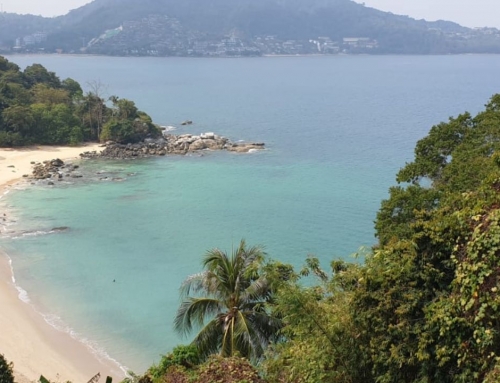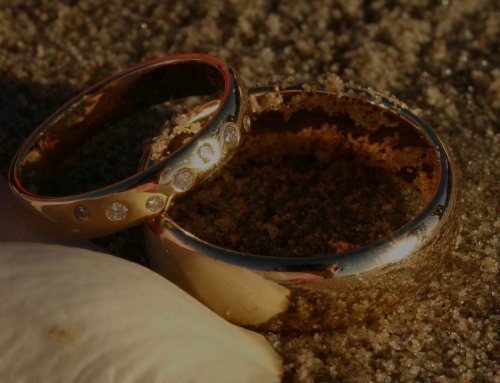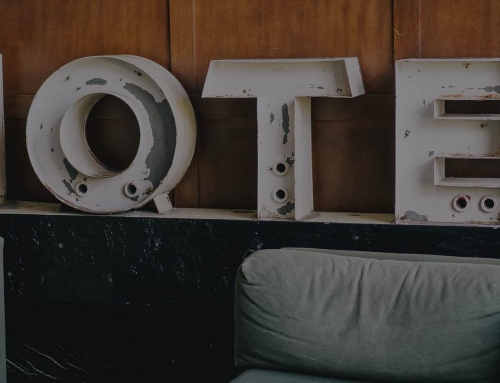By Phuket News Property · December 22, 2021
With ongoing demand for new residential projects, Phuket attracts a wide range of property developers, from long-established companies to newcomers launching their first projects. For buyers comparing off-plan or newly built developments, understanding how to assess a developer’s track record can help set realistic expectations about quality, timelines and long-term building management.
Look at completed projects
One of the clearest indicators of a developer’s reliability is the quality of their finished buildings. Visiting previous projects in person can offer insight into how well the developer delivers on design, materials, workmanship and long-term maintenance. Observing how older buildings have aged may also reveal whether the developer invested adequately in durability and common areas.
Review construction history
Some developers consistently deliver projects on time, while others may have experienced delays or changes to design specifications. Reviewing a developer’s construction history can highlight patterns in delivery schedules, facility standards and updates made during the building process.
Timelines can vary for many reasons, but understanding a developer’s overall performance provides helpful context.
Assess transparency and communication
A good development team communicates clearly throughout the construction period. Buyers may find it useful to consider how responsive the sales or management team is to questions, how thoroughly they explain contract terms and whether they provide regular progress updates once construction begins.
Clear communication often reflects well-organised project management.
Consider financial stability
Developers require consistent funding to maintain construction progress, complete facilities and manage day-to-day operations. While buyers may not have access to a company’s internal financial data, looking at how many projects a developer has completed, how long they have operated in Phuket and whether they continue to deliver new buildings can give an idea of their stability.
Check building management standards
After completion, the management of common areas plays a significant role in the building’s long-term condition. Some developers manage their own projects, while others appoint independent management companies. Observing the cleanliness, maintenance and general condition of the developer’s existing buildings can help buyers understand what to expect after handover.
Look at the scale and complexity of the project
Larger developments with extensive facilities require strong project coordination. Buyers may want to consider whether the developer has experience with projects of a similar scale. A company that has previously built high-density projects may be more familiar with managing large communal areas, lifts, parking structures and utilities.
Review contract terms carefully
Developers use different contractual structures depending on the project type. Payment schedules, handover conditions, facility descriptions and specifications vary from project to project. Buyers may wish to review these details thoroughly to understand the developer’s obligations and how construction milestones are defined.
A key part of market research
Phuket offers a wide selection of new developments, each with its own design, pricing model and target market. Taking time to review a developer’s previous work, communication style and management approach can help buyers make more informed decisions when comparing projects.













